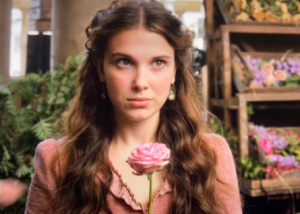The History Of Kwanzaa
February 5, 2016
There is Christmas and Hanukkah, but does anyone know about Kwanzaa?
The name Kwanzaa comes from the Swahili phrase “matunda ya kwanza,” which means “first fruits of the harvest.” Kwanzaa is celebrated by many African-American people in the United States, and also in parts of the African Diaspora. It starts on December 26 and ends January 1st. It has been around for less than 50 years.
Kwanzaa is seven days long and originated in the United States in 1966. The African Diaspora is referred to the communities throughout the world. Each family honors Kwanzaa in their own way, but celebrations may include songs, dances, drums, poetry reading, storytelling, and a large traditional meal. Kwanzaa celebrates unity, creativity, faith, and gift giving.
Kwanzaa, was created by Maulana Karenga, who included seven principles known as the Nguzo Saba, which are unique sets of values. Maulana created Kwanzaa in 1965 which made it the first African-American holiday. Maulana Karenga is an African-American professor of African studies and teaches at California State Univeristy of Long Beach.
Karenga stated, “Kwanzaa is not a religious holiday, but a cultural one with an inherent spiritual quality.” Millions of African-Americans celebrate both Kwanzaa and Christmas.
Mrs. Clarke, a 7th math/science teacher, said, “We make gifts for each other and talk about the pillars of the community [with a focus on] unity, self determination, collective work and responsibility, collective economics, purpose, creativity, and faith.”





